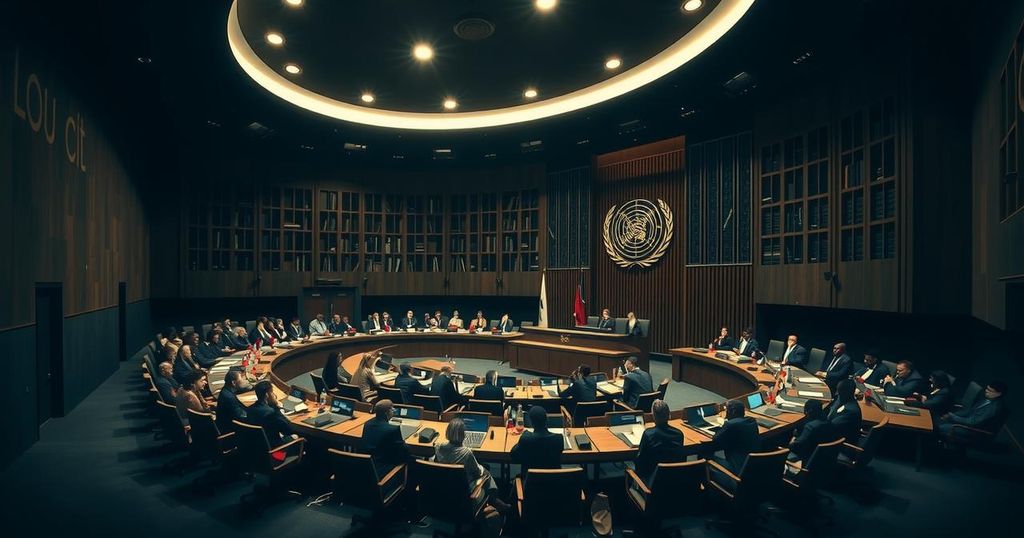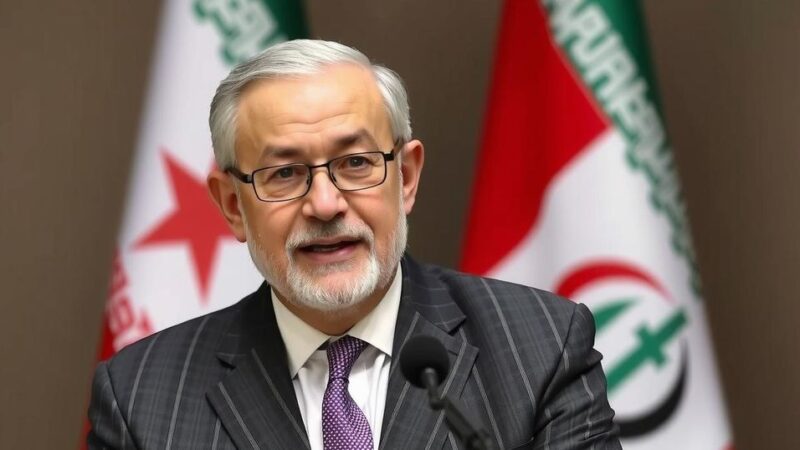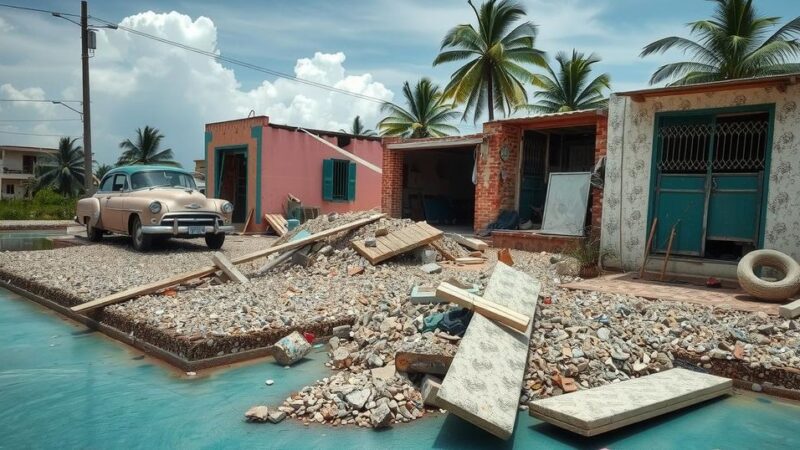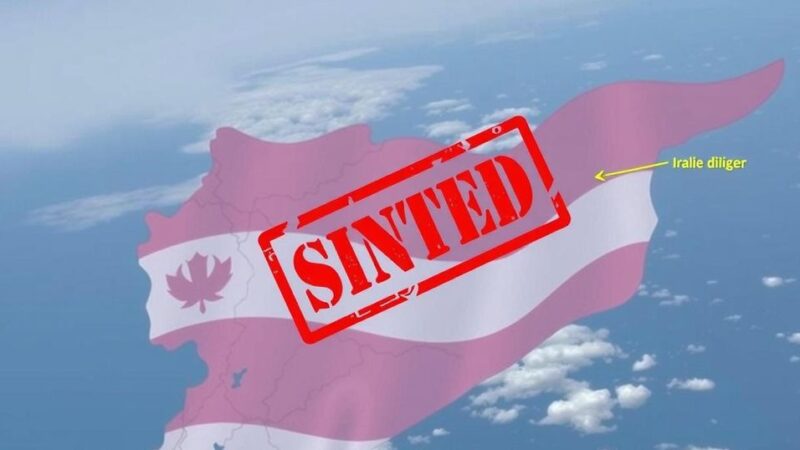The International Criminal Court (ICC) is intensifying investigations into crimes in North Kivu, DR Congo, prompted by a government request. Despite prior cases since 2004, Human Rights Watch emphasizes the need for accountability from both rebel groups and state actors. The ICC aims to address ongoing violations while supporting the creation of a special criminal court in DR Congo to complement its efforts and enhance justice for victims.
On October 14, 2023, Karim A. A. Khan, the Prosecutor of the International Criminal Court (ICC), declared that his office intends to intensify its investigative efforts within the Democratic Republic of Congo (DR Congo). This renewed focus is particularly aimed at crimes committed in North Kivu province since January 2022, following a formal request from the Congolese government made the previous year. The ICC has been involved in investigating serious crimes in DR Congo since 2004, a process that has led to the prosecution of six suspects, primarily former leaders of armed groups, with varying outcomes including convictions and acquittals for criminal acts perpetrated in different regions during past conflicts. Human Rights Watch has long advocated for a broadening of the ICC’s inquiry to encompass not only the actions of rebel commanders but also the alleged atrocities committed by senior officials and military personnel from DR Congo, Rwanda, and Uganda. The recent developments signify an opportunity for the ICC to bridge the prevalent “impunity gap” that has enabled ongoing violations in North Kivu, Ituri, and beyond. Severe violations of the laws of war continue to afflict DR Congo. Human Rights Watch has documented a range of crimes reportedly executed by the M23 armed group, including but not limited to civilian killings, widespread rape, looting, and systemic property destruction. Notably, in 2024, the Rwandan army and M23 engaged in indiscriminate shelling of displacement camps and populated regions adjacent to Goma in North Kivu, a dangerous act further exacerbated by the actions of the Congolese military, which has faced accusations of committing murder and sexual violence against displaced individuals. Prosecutor Khan has affirmed his commitment to investigating all factions involved in the conflict, despite a request from the Congolese government to exclusively concentrate on the M23 group. It is essential for ICC member states to acknowledge the increasing demands on the court and extend the necessary support for the ICC to effectively execute its mandate across various cases. Furthermore, while the ICC is recognized as a court of last resort, it cannot bear the entirety of the responsibility for justice in DR Congo. The prosecutor’s statement commended the Congolese authorities for their initiative to establish a committee aimed at creating a special criminal court within the national framework. Establishing an internationalized justice mechanism is a pressing necessity that would enhance the efforts of both the ICC and domestic judicial systems to confront and mitigate the prevailing climate of impunity. It is incumbent upon the Congolese government to expedite this initiative, particularly with the collaborative support of the ICC and other international stakeholders.
The ICC has been engaged in investigating war crimes and crimes against humanity in the Democratic Republic of Congo since 2004, following a direct request from the Congolese government. Over the years, various cases have emerged from this investigation, targeting individuals involved in armed conflicts, particularly focusing on both rebel groups and state actors. Human Rights Watch has indicated ongoing human rights violations and a profound lack of accountability, which remain significant concerns within the context of conflicts in the eastern regions of Congo, particularly North Kivu. The recent announcement by the ICC aims to address these issues more vigorously and signals a potentially transformative shift towards accountability and justice within the region.
In conclusion, the ICC’s renewed commitment to investigate crimes in the Democratic Republic of Congo, particularly in North Kivu, represents a critical step towards addressing ongoing human rights abuses and the pervasive impunity that has characterized the region for years. The establishment of a special criminal court in collaboration with the ICC may serve to enhance domestic accountability mechanisms, promoting restorative justice for victims of war crimes. It is crucial for the Congolese government to pursue this initiative with urgency, supported by the international community, to ensure that justice is served and such atrocities are not repeated.
Original Source: www.hrw.org







